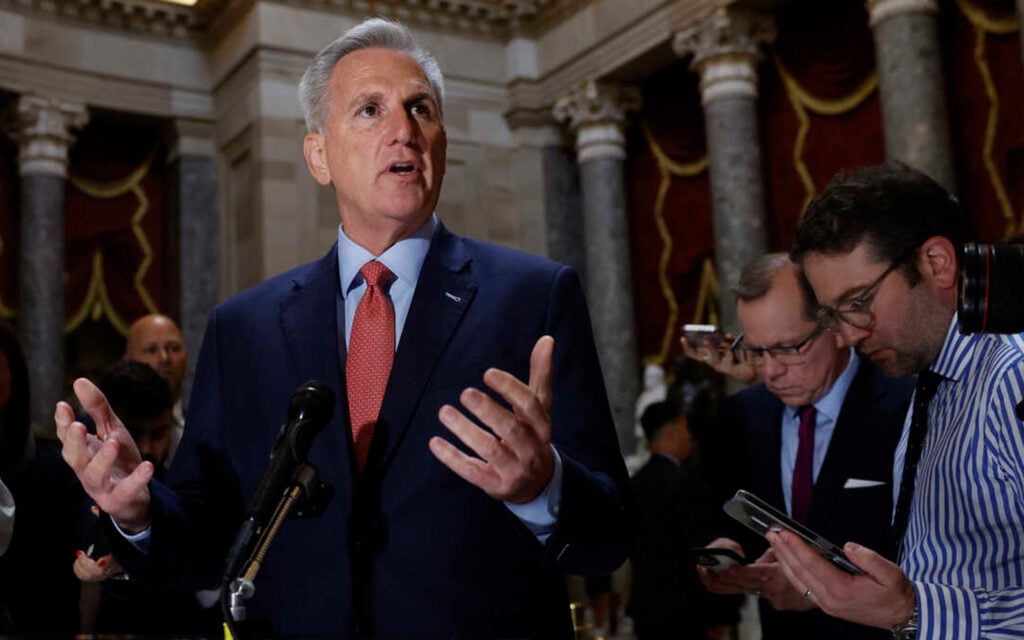It’s almost like we never thought it’d come, but the dawn of a new decade is upon us. The 2010s ushered in a technological and informational shift unlike anything humanity has seen before. Technology has connected us, driven us apart, and brought a new depth to global relations that would have been unimaginable a decade before. Without further delay, here’s a countdown of five innovations that defined the 2010s as the birth of a new tech revolution.
5) The Birth of Ridesharing
Traffic and commuting are problems as old as the workforce itself. With more people living in cities than ever before, congestion began to really take a toll on urban life. But with the introduction of Uber, Lyft, and others, the ability to call a ride from anywhere with a driver willing to take on a passenger added a new means of transportation to infrastructure in need of traffic relief. It also signaled a shift towards a more decentralized economy, with drivers working as independent contractors to help make extra cash with their own car, on their own time, without a boss or an office to report to.
4) Instagram Changes Social Media
At the turn of the decade, Facebook was king. But by swapping text chains and friend requests for pictures and visually-based posts, Instagram created an entirely new market. The development of Instagram not only as an outlet to post pictures, but as a cultural platform for athletes, entertainers, musicians, politicians, and other public figures to directly interact with their base represents a major shift in the way people interact. Instagram revolutionized consumerism, online advertising, and the spread of information in previously unpredictable ways, and allowed the influence of those with a large following to reach ever than before, creating an alternate reality for those who choose to live within it.
3) Spotify Streaming Flips the Music Industry
No more paying for individual songs; with the advent of Spotify, listeners can gain access to a seemingly unlimited catalogue of songs for one flat fee. It allowed artists to gain followings without radio plays and tours, and let music listeners expand their palate beyond their wildest dreams. But it didn’t always help the creators; after protesting the incredibly low royalty rates paid to artists, famous musicians like Taylor Swift and Jay-Z pulled their music from the platform. But even though strides have been made, Spotify is playing an important role in the way musicians and the industry get along.
2) The Data Management Debacle

For years, we browsed the web without a care, with the underlying thought being that our data was out there, somewhere, but like trash in a landfill, it was just wasting away. In a decade where “data has become the new oil,” we’ve come to see that it’s all out there, and it’s all being used in marketing efforts to target individual consumers based on their habits, which makes all a bit unsettled. But when companies like Facebook began to play coy with how they use our data, and how our data is used to funnel information to each person individually, it became a great cause for concern. Undoubtedly, the next decade will set the mark for how to handle data going forward.
- Amazon Takes Over the World
Never before in human history has one establishment been able to offer as many services as Amazon does. What started as a bookstore become an online home to any item one could possibly need, delivered free of charge in two days. Amazon has gone on to pioneer one-day and even same-day shipping, and their ordering process is meant to be streamlined and easy for the user. In what is arguably the most wide-reaching ecommerce innovation of all time, shopping went from the malls to the palms of our hands. Amazon revolutionized consumerism as we know it, while also taking over grocery stores, cloud computing, and shipping, making Jeff Bezos the richest man in the world and leaving us to wonder what the future of business looks like.










